Editor's Note: This article covers gun laws going into effect January 1, 2025 - June 30, 2025.
Every year, state legislatures debate, vote on, and pass laws of all kinds, and usually, somewhere in that mix is one (or more) gun laws that affect your life as a concealed carry practitioner, gun collector, competitive shooter, or all-American gun enthusiast.
Legalese can be a nightmare to navigate, so we cut through the clutter to tell you what you need to know about what’s new in the gun law world.
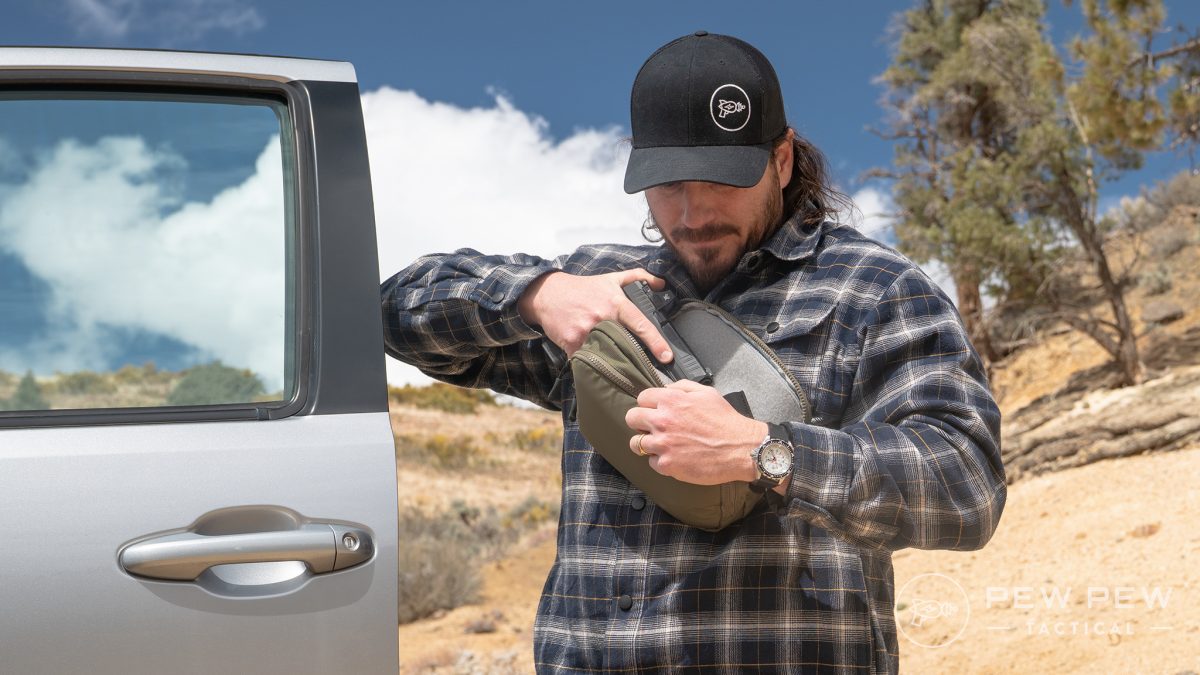
Situational awareness is king for gun owners, whether that be while concealing a Glock 19 or while going about your gun-loving life. Most of the time, politicians give you time to adjust to new things coming down the pike, but sometimes, they spring a new law that goes into effect immediately, catching you completely off guard (not unlike an opportunistic criminal).
If it impacts gun owners, we’ll cover it. If it doesn’t, we won’t.
Disclaimer: While the information provided here is legal in nature, it is not to be construed as legal advice and is for educational and entertainment purposes only.
Table of Contents
Loading…
Noteworthy Trends
Multiple states have passed or are passing bans on auto-sears for handguns (also called “pistol converters”), such as Glock switches.
The federal government already bans these parts, so the practical impact on most gun owners is nonexistent. That said, it is a trend worth noting if you like renting automatic weapons.

Many states have passed or are passing laws requiring new “gun danger education” in the form of printed literature, signs, and/or warning labels. These trends do little to impact gun owners (minus the added reams of paper to go with your new purchase).
New Laws in Effect on June 30, 2025
Here’s where we break down new gun laws that went into effect during the second quarter of 2025.
Illinois
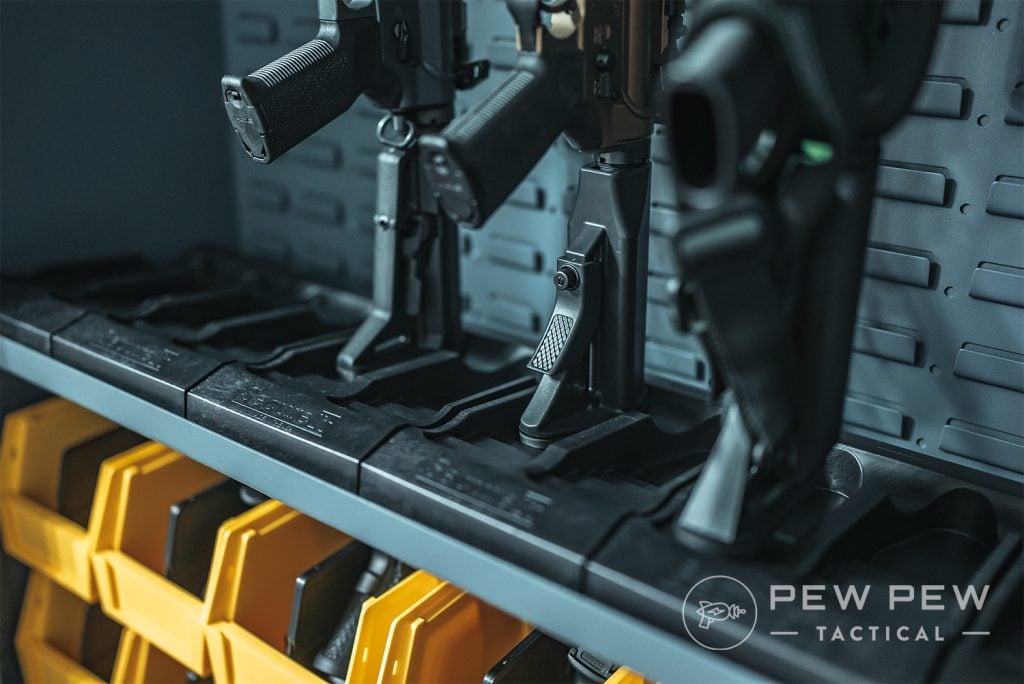
Immediate Surrender of Firearms When Under a Protection Order (House Bill 4144)
Illinoisans must now immediately surrender all firearms when served with a protection order. Guns (and gun parts) must be surrendered to the law enforcement officer(s) who serve the order. Individuals who do not have guns on their person when they receive the order must surrender their guns within 24 hours of receiving the order. It is illegal for individuals to transfer their guns to someone else to avoid surrendering them. Law enforcement can ask for a gun search warrant to go alongside the protective order, and the person asking for the order can ask law enforcement to seek the search warrant. The individual served with the order must also surrender their FOID card and CCL (if applicable). This law went into effect on May 11.
New Mexico
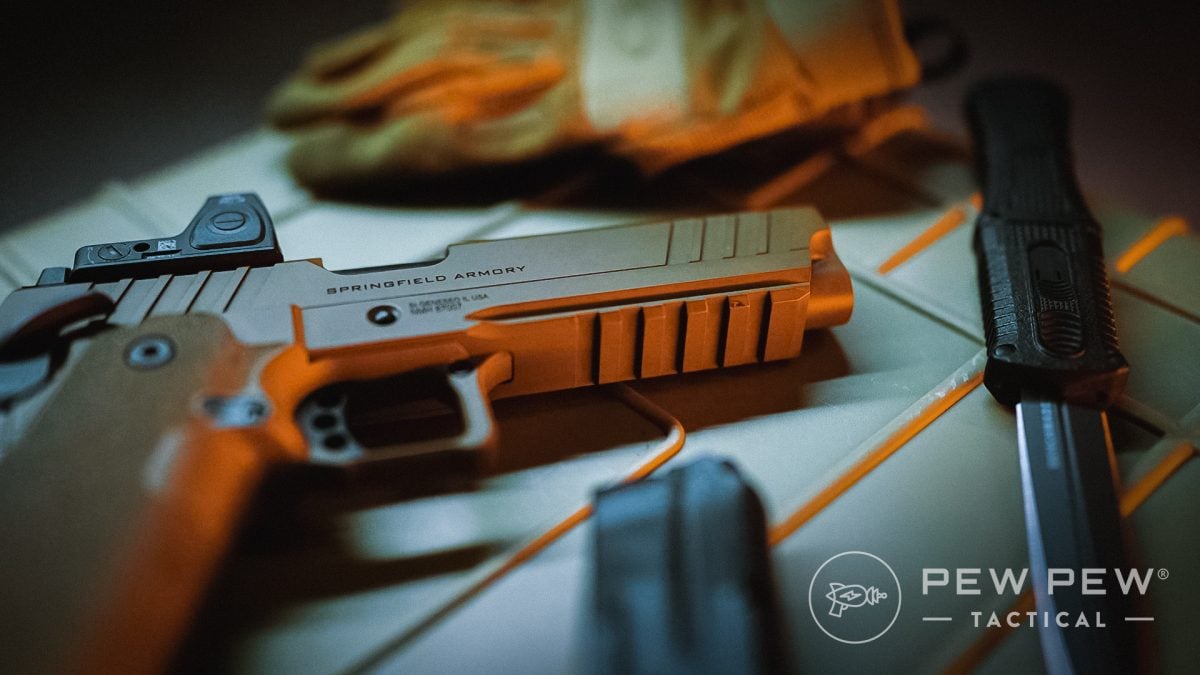
Extreme Risk Protection Order (ERPO)/Red Flag Law Expansions (House Bill 12)
New Mexico enacted a stronger red flag law. First, law enforcement officers are now able to “file a petition [for an extreme risk protection order (ERPO)] based on information collected while carrying out [their] official duties.” Second, anyone served with either a temporary or one-year ERPO must immediately relinquish all firearms in their “possession, custody, or control” to state or federal law enforcement. This law went into effect on June 19.
New York
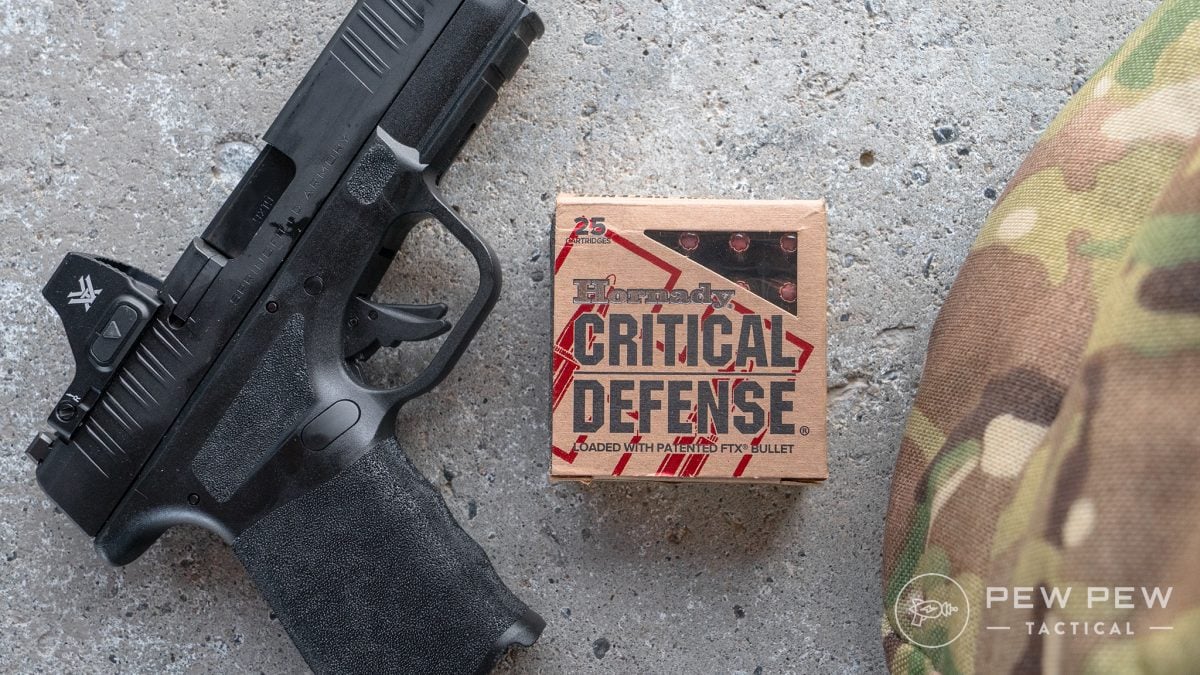
Merchant Category Code (MCC) Mandate (Senate Bill 745/Assembly Bill 439)
New York’s law mandating merchant category codes (MCCs) now requires MCCs that distinguish ammunition purchases from gun purchases, allowing law enforcement to see if someone is buying guns, ammo, or both. This law went into effect on April 3.
Ohio
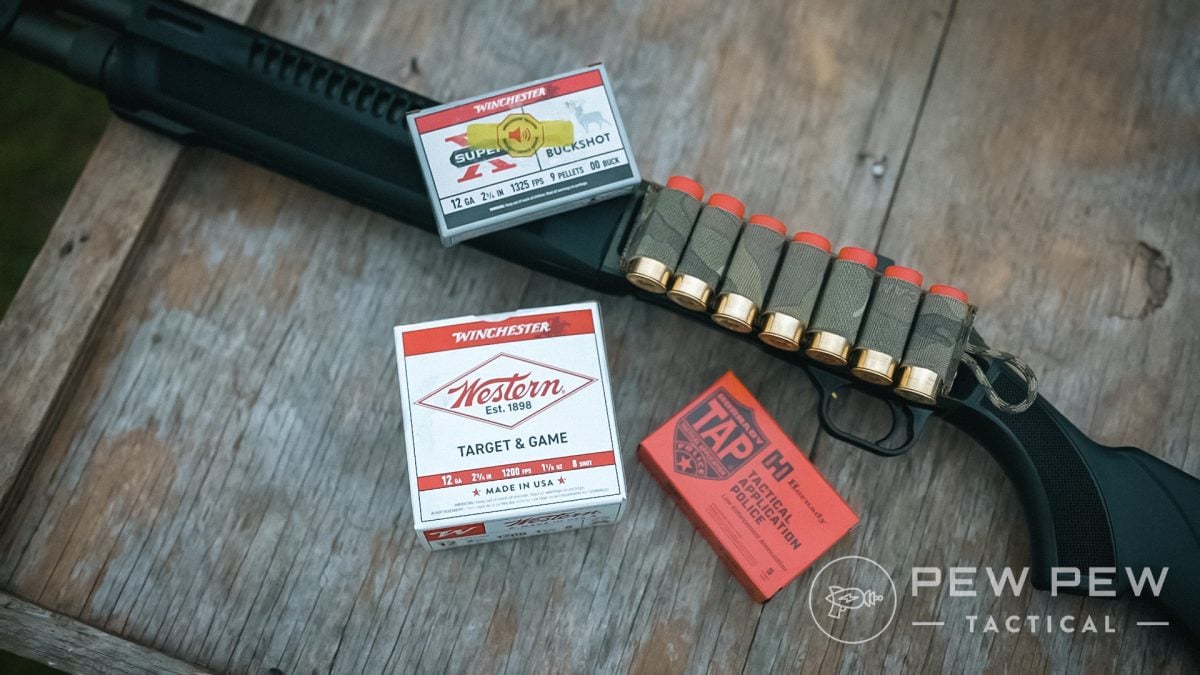
Merchant Category Code (MCC) & Mandatory Gun Owner Insurance Bans (Senate Bill 58)
Ohio law now bans the use of merchant category codes (MCCs) for gun and ammo purchases and forbids state lawmakers from mandating gun owner insurance policies. This law went into effect on April 9.
New Laws in Effect on March 31, 2025
Here’s where we break down new gun laws that went into effect during the first quarter of 2025.
California
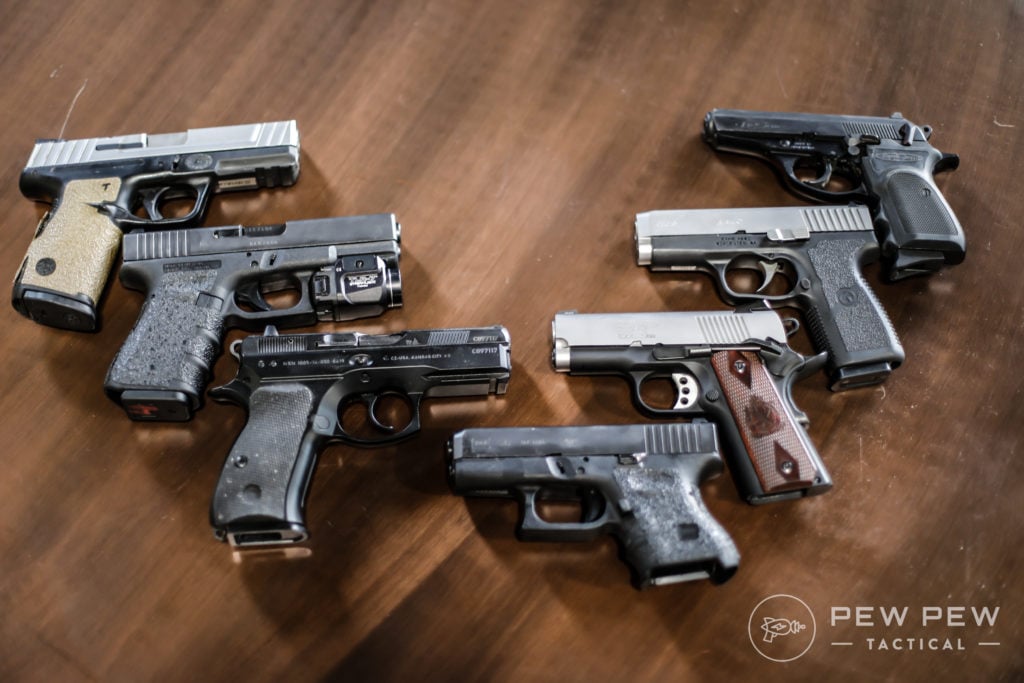
Bulk Private Gun Purchases and Sales Ban (Assembly Bill 1483)
California’s ban on purchasing or selling multiple handguns and semiautomatic rifles now extends to private party sales. Now, Californians wanting to buy or sell multiple handguns or semiautomatic rifles must wait 30 days between each transaction. There is an exemption for gun owners who die or who are legally required to give up their guns. This law went into effect on January 1.
Gun Violence Restraining Order (GVRO) Expansion (Assembly Bill 2917)
California’s Gun Violence Restraining Order (GVRO) has now been expanded to cover “hate-based threats made against groups protected by hate crime laws and threats of violence to advance political objectives.” Protected individuals now include those targeted based on their “actual or perceived race or ethnicity, nationality, religion, disability, gender, or sexual orientation.” This law went into effect on January 1.
Colorado
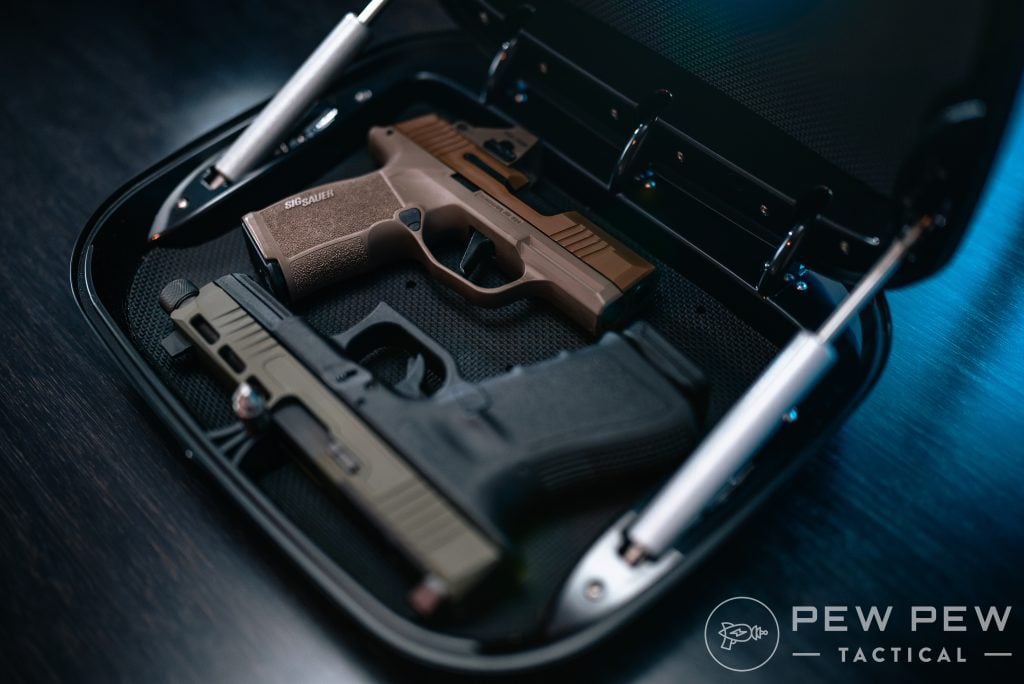
Secure Firearm Storage in a Vehicle (House Bill 24-1348)
Colorado has new storage requirements for leaving unattended guns in vehicles. When leaving a handgun in the car, Coloradans must now store it in a:
- Locked hard case;
- Locked glove compartment or center console;
- Locked vehicle;
- Locked RV (that is not a primary residence); or
- Locked trunk of a locked vehicle.
The same options apply to long guns, but Coloradans have the additional option of storing it in a soft case with a locking device installed on the gun. These requirements do not apply to farm and ranch vehicles or antique firearms, people who live in RVs, or individuals engaged in certain legal hunting activities. Individuals with disabilities can stick with a locked, soft-sided case. This law went into effect on January 1.
Delaware
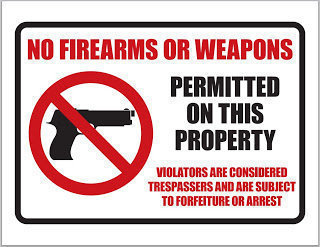
Expansion of Gun-Free Zones (House Bill 311)
Delaware has expanded its definition of Safe School Zones to include colleges and universities. Now, knowingly carrying a gun onto any college campus is a felony. This law went into effect on January 1.
Kentucky
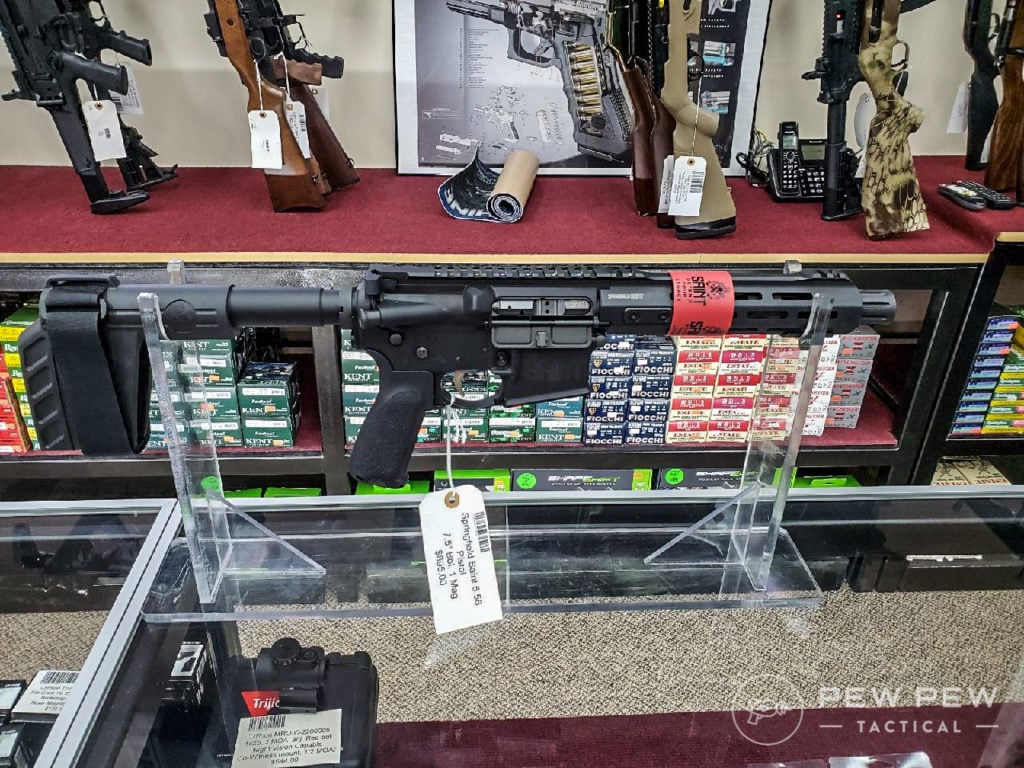
Merchant Category Code (MCC) Ban (House Bill 357)
Kentucky banned the use of merchant category codes (MCCs) to identify gun purchases. Retailers, credit card companies, banks, and related organizations may not require, incentivize, or assign a firearm-specific MCC to transactions involving guns, ammo, or gun accessories. This prevents banks and credit card companies from flagging purchases and reporting them to law enforcement. This law went into effect on January 1.
Minnesota
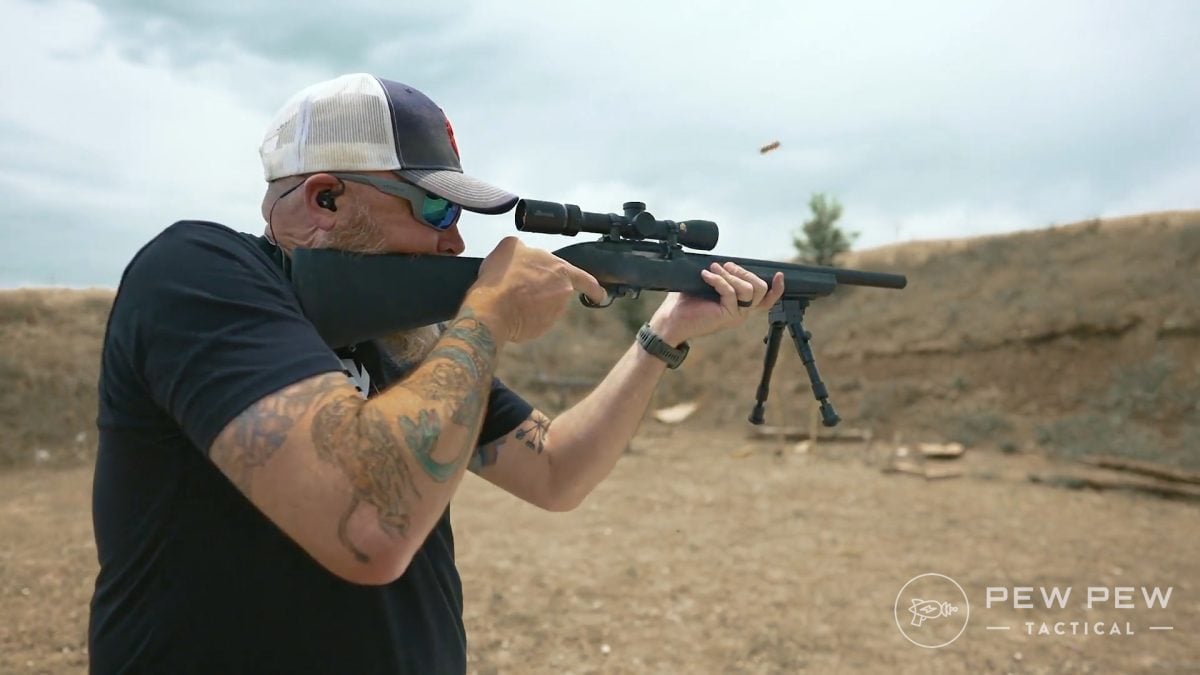
Binary Trigger Ban (House Bill 5247, Article 36)
Minnesota has banned possession of binary triggers. The new law applies to all binary triggers, even if they are not installed in a gun. This particular law was passed and signed as part of an omnibus bill in 2024. It went into effect on January 1.
New Hampshire

Merchant Category Code (MCC) Ban (House Bill 1186)
New Hampshire banned the use of merchant category codes (MCCs) to identify gun purchases. Retailers, credit card companies, banks, and related organizations may not assign or require a seller to assign a firearm-specific MCC to transactions involving guns, ammo, or gun accessories. This prevents banks and credit card companies from flagging purchases and reporting them to law enforcement. This law went into effect on January 1.
New York

Red Flag Registry (Senate Bill 3340/Assembly Bill 5873)
New York enacted a stronger Red Flag Law. Courts are now required to notify a central statewide registry when judges issue extreme risk protection orders (ERPOs). This allows for more cooperation between the courts and law enforcement. This law went into effect on February 6.
New Laws Going into Effect Before October 1
Here’s where we let you know about new gun laws scheduled to go into effect which will be impacting your life.
New Mexico
“Weapon Conversion Device” Ban (House Bill 8)
Effective July 1, New Mexico bans possession of “weapon conversion devices.” The new law applies to any part or combination of parts designed to convert a semiautomatic firearm into an automatic weapon, such as a “Glock switch.” This particular law was passed and signed as part of an omnibus bill.
West Virginia
Pro-Gun Emergency Protections (Senate Bill 270)
Effective July 8, West Virginia has new protections for gun owners and others in the firearms industry during emergencies. The new law:
- Defines firearm and ammunition manufacturers, gun stores, and gunsmiths as essential businesses;
- Prohibits state government from interfering with legal gun possession, sales, transfers, or use during emergencies via seizures, bans, firearm registration, suspension of Concealed Handgun Licenses (CHL), and closures of firearm-related businesses;
- Extends CHL expiration dates to 60 days after the end of an emergency for all CHLs that expire during that emergency; and
- Creates new avenues for gun owners to seek damages for Second Amendment violations during emergencies, except for cases of riot suppression or evidence collection.
Wyoming
Repeal of Many Gun-Free Zones for CFP Holders (House Bill 172)
Effective July 1, Wyoming has almost no state-level gun-free zones for Concealed Firearm Permit (CFP) holders. CFP holders can carry concealed in:
- Public K-12 schools, colleges, and universities, including athletic events on public property where alcohol is
- Unrestricted sections of airports
- Legislative committee meetings
- Government buildings
- Some state agencies
The new law does not apply to open or constitutional carry, and federal laws governing firearms on federal property remain unchanged. Additionally, local school boards can still regulate concealed carry for school employees and volunteers.
Final Thoughts
We’ll update this regularly so you know what to expect — keep checking back!
What laws are you dreading? Let us know in the comments below. For more news on what’s going on in the industry, check out our News Category.
Additional Resources
- California Assembly Bill 1483
- California Assembly Bill 2917
- Colorado House Bill 24-1348
- Delaware House Bill 311
- Illinois House Bill 4144
- Kentucky House Bill 357
- Minnesota House Bill 5247, Article 36
- New Hampshire House Bill 1186
- New Mexico House Bill 8
- New Mexico House Bill 12
- New York Senate Bill 745/Assembly Bill 439
- New York Senate Bill 3340/Assembly Bill 5873
- New York Senate Bill 8479A/Assembly Bill 9862A
- Ohio Senate Bill 58
- West Virginia Senate Bill 270
- Wyoming House Bill 172
Meet the Experts
Freelance writer Brian Smyth led the research and writing efforts for this article. He enjoys writing mildly amusing nerd-out sessions masquerading as informative, educational articles. Brian has written for Task & Purpose, Outdoor Life, and Pew Pew Tactical.
Editing this article is Jacki Billings, Editor-in-Chief at Pew Pew Tactical. She runs our experienced team of editors, staff writers, and freelancers. Jacki has a bachelor’s degree in journalism and has worked as a media professional for close to 20 years, specializing in gun media for almost 10 years. She is also a member of the Society of Professional Journalists, ACES: Society for Editing, and the Professional Outdoor Media Association. With 2,000+ articles to her name, she uses her professional journalism and editing experience to set editorial standards for Pew Pew Tactical.

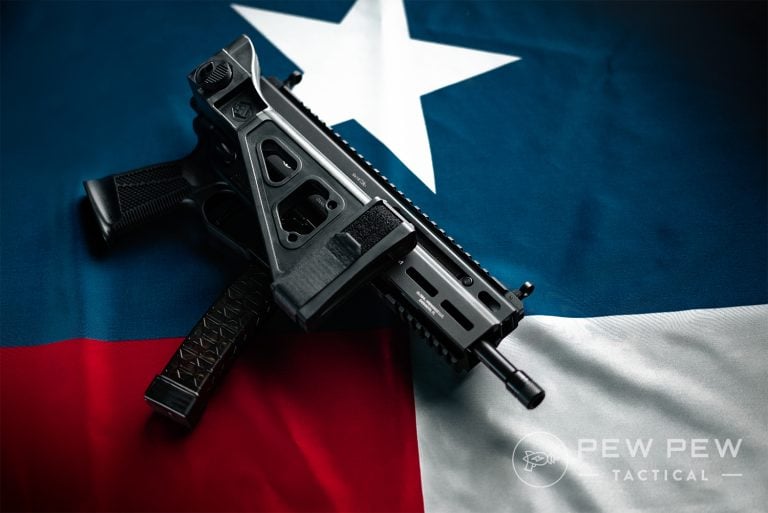




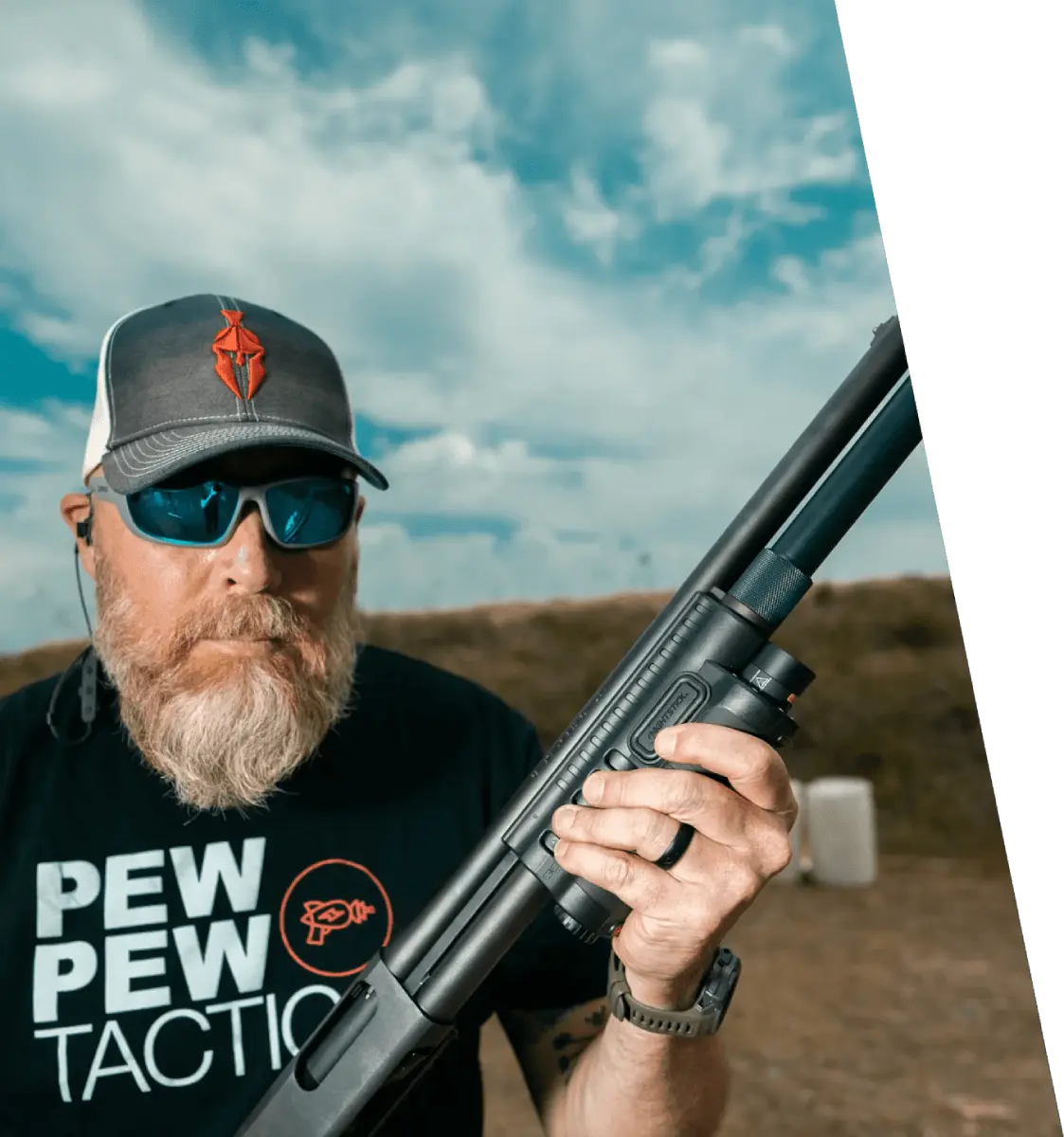

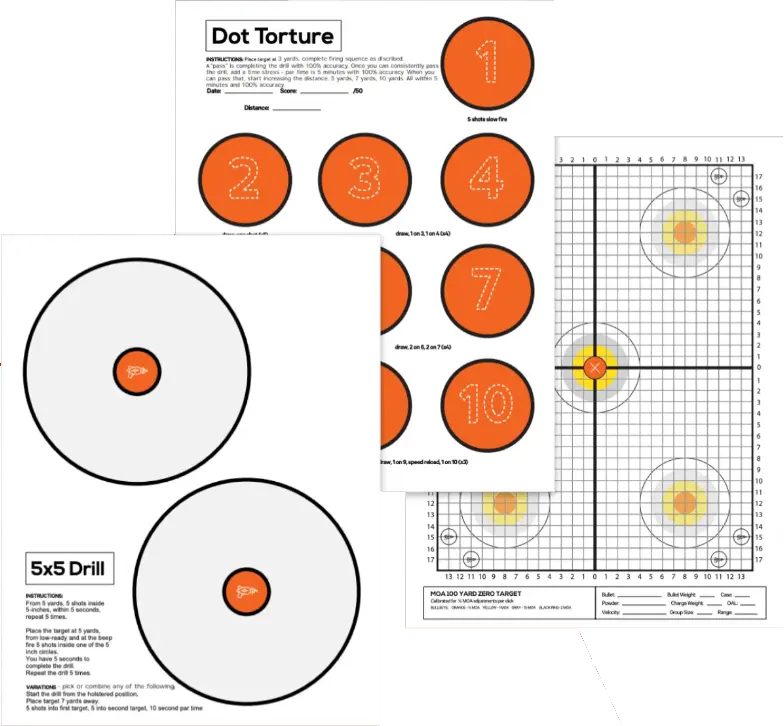
11 Leave a Reply
Exactly what they want. Force anyone sensible to leave the state, so they can form a socialist monarchy and break away from the US.
California laws are the scariest of all. What they are attempting to do with Senate bill 2 is basically restrict your concealed carry license to an extremely limited areas to where it is basically useless. And if that doesn’t work, they are going to tax you andthey’re going to make it so damn expensive that you just give up one way or another they don’t want you to have firearms , period.
Shannon, we started out in California and moved to Texas. When it comes to gun laws, every time we look back, we're still thankful for that move.
Tracking purchases has become easier for banks and governments, and cash has become more and more difficult to use in our daily lives over the past 20 years.
Some states have enacted legislation to protect consumers from banks in these cases. Have you seen any where you're from?
Washington State passed several gun related laws this last legislative session. I was hoping to see these on the list :(
Thanks for the heads up DA, we try to cover them all.
Amazing how some states are requiring MCC and others are banning them.
I don’t know if it’s amazing or not but, taking into consideration the States involved, I believe the results are highly predictable.
Yes unfortunately, you can often predict the outcomes just by what legislation gets a toe hold to begin with.
That's quite telling, depending on which side of the coin they rest.